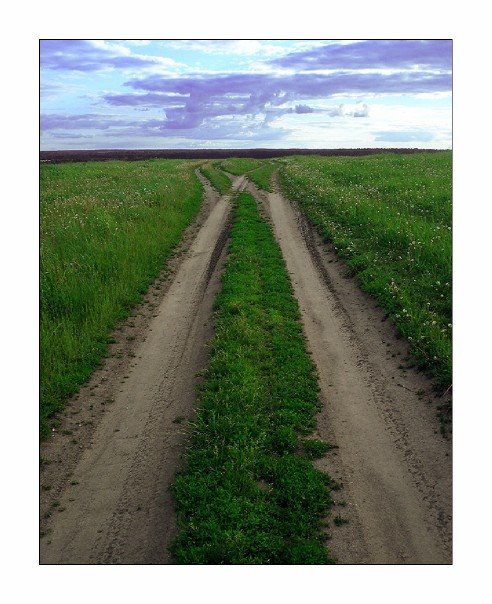By ALEX NICHOLSON, Associated Press Writer
Police beat protesters and arrested hundreds in anti-government demonstrations in Moscow over the weekend, but the version on TV made for dull viewing: police rounding up marchers, and the detained filing calmly into trucks. Meanwhile, networks lavished attention on a pro-Kremlin event featuring throngs of youths in crisp white T-shirts and waving Russian flags. Rossiya TV opened its nightly news with President Vladimir Putin attending a martial arts competition, and when it later showed something of the violence, it insinuated that the protesters were fomenting revolution, backed by the West.
As Russia heads into a parliamentary election in December and presidential elections next March, government influence over the news media appears to be at its strongest since the Soviet era ended. During the coming campaigns, "the distributors of political media are either to be controlled by the state directly, or agents very close to the state," said Masha Lipman of the Carnegie Moscow Center. The state controls all three major nationwide TV networks. It owns Rossiya and Channel One, while NTV belongs to the national gas monopoly Gazprom, which wrested control of the network from a Kremlin critic in 2000.
Gazprom, majority state-owned, has media assets ranging from the iconic Izvestia broadsheet, where it acquired control in 2005, to the liberal Ekho Moskvy radio station — one of the last major broadcast outlets open to Kremlin critics. A Russian billionaire who serves as president of a Gazprom subsidiary bought a stake in a respected business daily, Kommersant, last year.
"There are still outlets who pursue a very independent line," Lipman said. "But they are at the Kremlin's mercy and they know it. With loyal owners the Kremlin can count on tempering the editorial line when necessary."
Also, such media outlets don't reach a mass audience, but allow the Kremlin to challenge the claim that Russia's media aren't free. REN TV, a national channel that is usually entertainment-oriented, provided the most objective coverage, including footage of protesters being beaten. Lipman said she wondered whether it would stay independent, in light of a report Friday that a St. Petersburg bank with ties to Putin had raised its stake in the network to 70 percent.
After almost a decade of growth, Russia has the beginnings of a broad consumer economy. But Russians still see plenty to demonstrate about. Surveys show that corruption is undiminished, pensioners complain of spiraling costs, and the average wage is just above $400 a month in a country with 53 billionaires — third after the U.S. and Germany, according to Forbes Magazine.
Still, analysts say the media clampdown decreases the chance the protests will gain momentum.
"There is little risk of contagion ... since the Kremlin continues to filter the domestic television news," Rory MacFarquhar of Goldman Sachs said in an e-mail to investors Monday.
Viewers of NTV's main newscast Saturday night might have thought the demonstrators were a few bad apples trying to spoil exhilarating pro-government marches in the early spring sunshine. It segued from a youth movement rally of 10,000 people at Moscow State University to glum, dispirited protesters. No beatings were shown, and police were seen gently escorting protesters onto trucks. Witnesses at the scene, meanwhile, saw young people grabbed with no apparent provocation and manhandled into vehicles.
NTV and Rossiya both seemed to play on Russians' instinctive suspicion of outsiders.
NTV showed Garry Kasparov, the chess champion who has become an opposition leader, shouting from inside a police bus, but the voiceover said "he made comments in English to foreign journalists." Rossiya framed its report on the protests in the context of calls for a revolution in Russia by the self-exiled tycoon Boris Berezovsky, and of a U.S. State Department report on democracy and human rights that criticized Russia.
Subscribe to:
Post Comments (Atom)

No comments:
Post a Comment